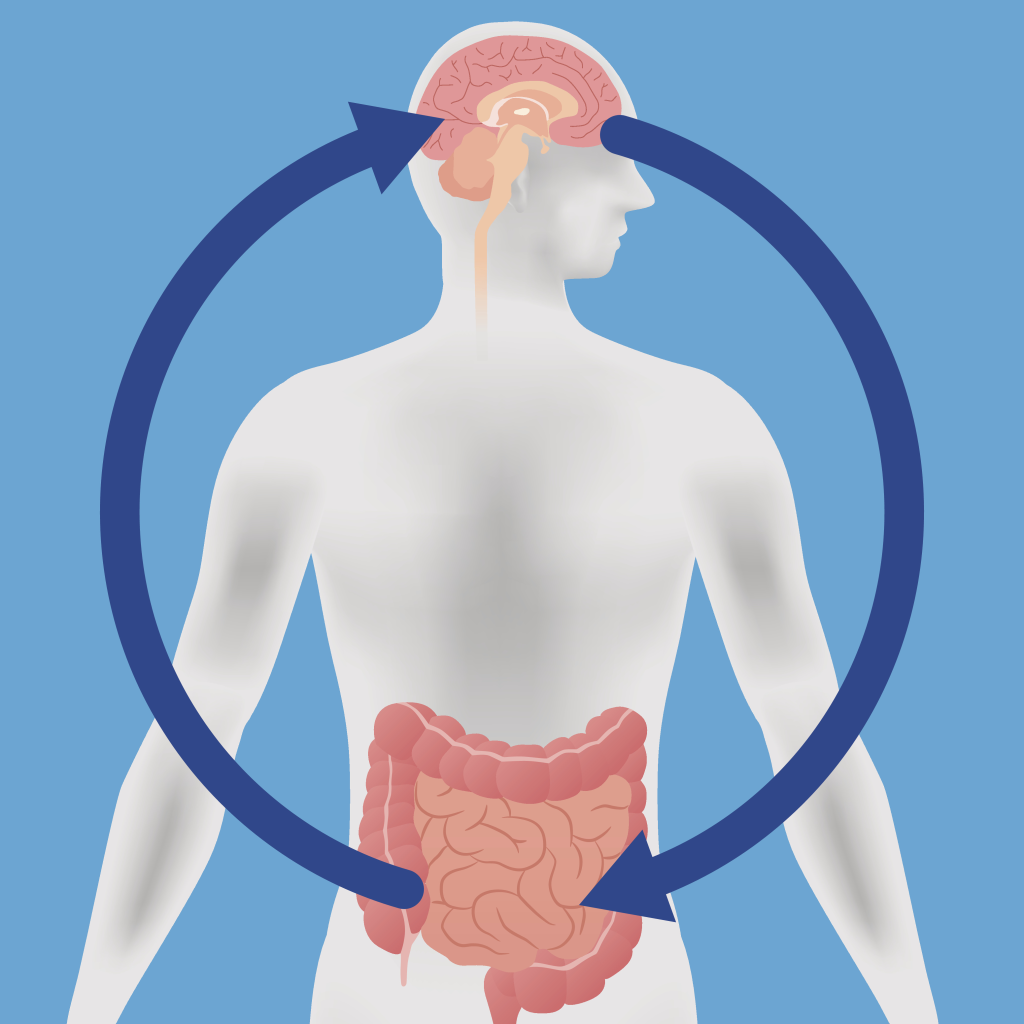For decades, researchers have explored the mysteries of autism spectrum disorder (ASD), trying to piece together the complex puzzle that surrounds its causes. While genetics and environmental influences have long been under scrutiny, an unexpected discovery may be changing everything. What if the origins of autism don’t begin in the child at all—but rather in the gut of the mother?
Sound far-fetched? Stick with us. A new wave of research has uncovered compelling evidence that a pregnant woman’s gut microbiome may directly influence her child’s brain development. And at the heart of it all is one surprising molecule—IL-17a.

The Gut-Brain Link Just Got a Whole Lot Deeper
You’ve probably heard of the gut-brain connection before. We know that our digestive health affects mood, immunity, and even memory. But now, scientists are discovering that a mother’s gut health during pregnancy could help shape her child’s neurological wiring.
This goes way beyond probiotics and gut-friendly diets. The research, recently published in The Journal of Immunology, offers new insight into how maternal inflammation—specifically caused by certain gut bacteria—could increase the likelihood of autism in offspring.
It’s a revelation that has autism researchers around the world paying close attention.
Video : Scientists May Have Found The Root Cause Of Autism
IL-17a: The Molecule That Could Change Everything
So what’s the deal with IL-17a?
This molecule—formally known as interleukin-17a—is a powerful immune agent. It plays a key role in fighting off fungal infections and contributes to immune system reactions, especially in inflammatory conditions like psoriasis or rheumatoid arthritis.
But here’s where things get fascinating: researchers from the University of Virginia School of Medicine found that elevated levels of IL-17a, triggered by the gut bacteria of pregnant mothers, might interfere with fetal brain development.
Their theory? That IL-17a acts like a switch—one that, when flipped on at the wrong time, could alter how the brain forms in utero. That alteration may lead to autism-related behaviors in children.
The Study That’s Turning Heads in the Medical Community

In a controlled study using lab mice, scientists divided the test subjects into two groups:
- One group of pregnant mice had gut bacteria known to stimulate IL-17a.
- The control group did not.
The results were staggering. Mice exposed to high levels of IL-17a gave birth to pups that showed clear autism-like symptoms—from poor social interaction to repetitive behaviors.
Here’s the kicker: when researchers blocked IL-17a, even the at-risk group delivered pups that behaved normally. And when they transplanted gut bacteria from the high-IL-17a group to healthy mice, those mice then had offspring with autism-like behaviors too.
This was more than coincidence—it was cause and effect.
Could This Be the Missing Link in Autism Research?
For years, scientists have searched for “the smoking gun” in autism’s complex web of causes. This study doesn’t claim to solve the entire puzzle, but it might be a major piece.
The findings suggest that maternal gut bacteria can trigger immune responses that interfere with brain development—before birth. It’s a fresh way of looking at autism, not as something that simply “happens” after birth or due to genes, but as something influenced by early maternal health.
The implications are massive. If these patterns hold true in humans, doctors might one day be able to identify at-risk pregnancies and provide gut-based interventions to reduce the chance of autism.
What Does This Mean for Expecting Moms?
Video : Scientists Hone In On The Risk Factors That Can Cause Autism
Let’s be clear—this study isn’t a call for panic.
It doesn’t mean every expecting mother needs to overhaul her diet or stock up on supplements. But it does emphasize the growing consensus in the scientific community: the gut microbiome matters—more than we ever thought possible.
A healthy, balanced gut flora during pregnancy could one day become part of a broader approach to neurodevelopmental care, right alongside prenatal vitamins and regular checkups.
Doctors may eventually screen for harmful microbial patterns or recommend targeted probiotics. But for now, this research simply adds another layer to how we understand pregnancy and fetal development.
What Makes This Study Stand Out from the Rest?
Autism research isn’t new. Thousands of studies have examined everything from environmental toxins to genetic mutations. But here’s why this study breaks new ground:
- It identifies a clear biological mechanism linking maternal gut health to autism.
- It demonstrates a reversible pathway using IL-17a blockers—at least in animal models.
- It opens the door to preventative treatments, not just after-the-fact interventions.
This is one of the first studies to show that manipulating gut flora could potentially change neurological outcomes in offspring. That’s a huge leap forward.
Where Does the Research Go from Here?
Lead researcher John Lukens and his team aren’t done yet. Their next steps include:
- Looking for similar immune responses in human pregnancies.
- Identifying other immune system molecules involved in the process.
- Designing microbiome-supportive therapies for expecting mothers.
It’s still early, and human biology is more complex than mice. But this kind of work could one day shift how we think about neurodevelopmental health from the womb onward.
A Hopeful Step Toward Understanding Autism

Let’s not get ahead of ourselves—there’s no cure or guaranteed prevention strategy here. But for families touched by autism, this research is a rare breath of hope.
The idea that a modifiable factor—like gut health—could one day help reduce risk is both empowering and game-changing.
It reminds us that our bodies are more interconnected than we ever imagined. The bacteria in your gut might not just affect your digestion—they might shape your child’s brain. That’s a bold idea, but science is starting to catch up to it.
Conclusion: A New Frontier in Autism Science
This latest study doesn’t offer all the answers—but it does offer something equally powerful: a new direction.
By connecting maternal gut health to brain development, scientists may have uncovered one of the most important factors in understanding autism. And if this research holds up, it could redefine how we think about prenatal care, neurodevelopment, and even mental health prevention.
The microbiome may just be the bridge between body and brain—and understanding it better could transform the lives of countless families around the world.


